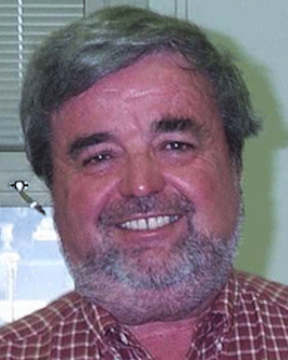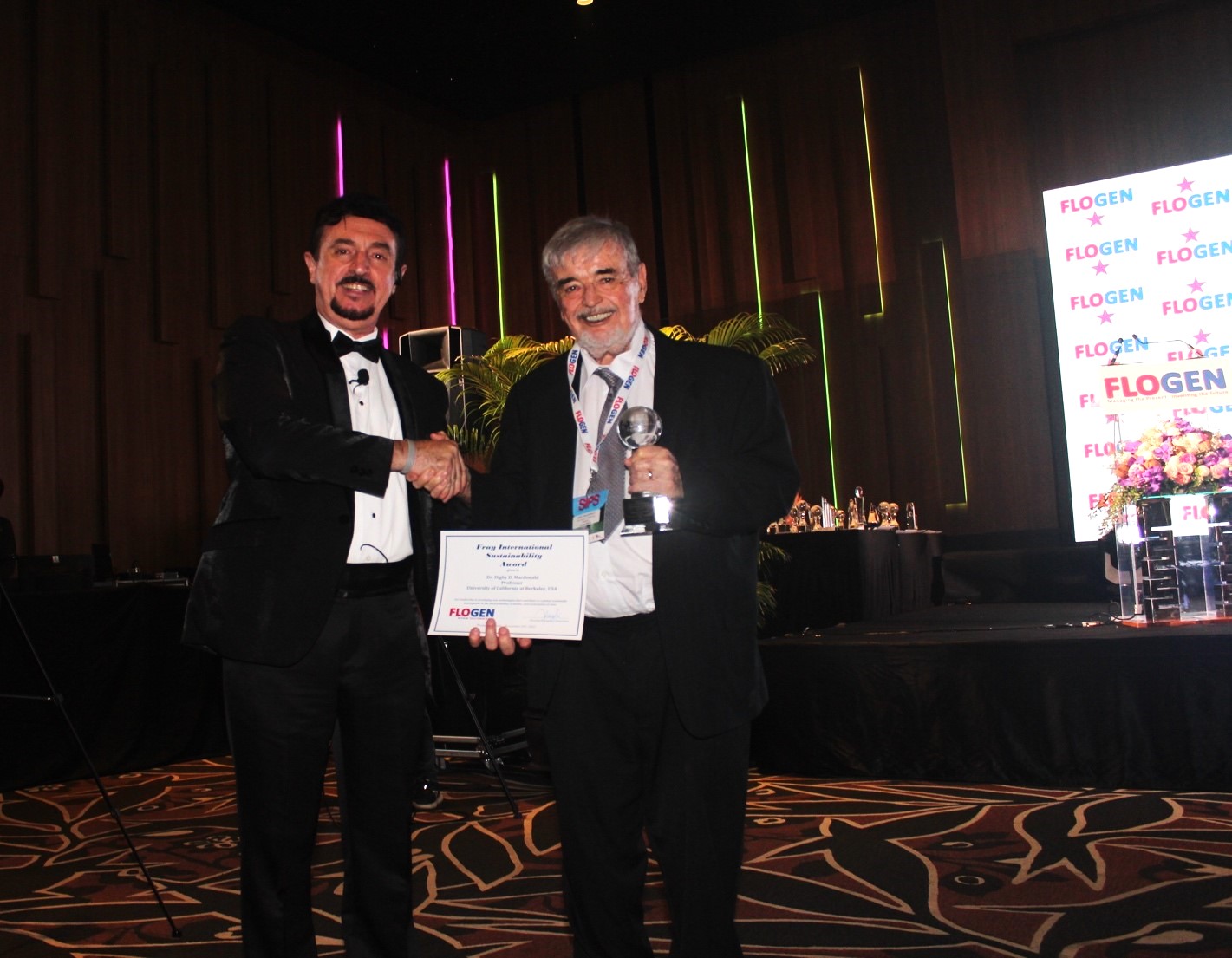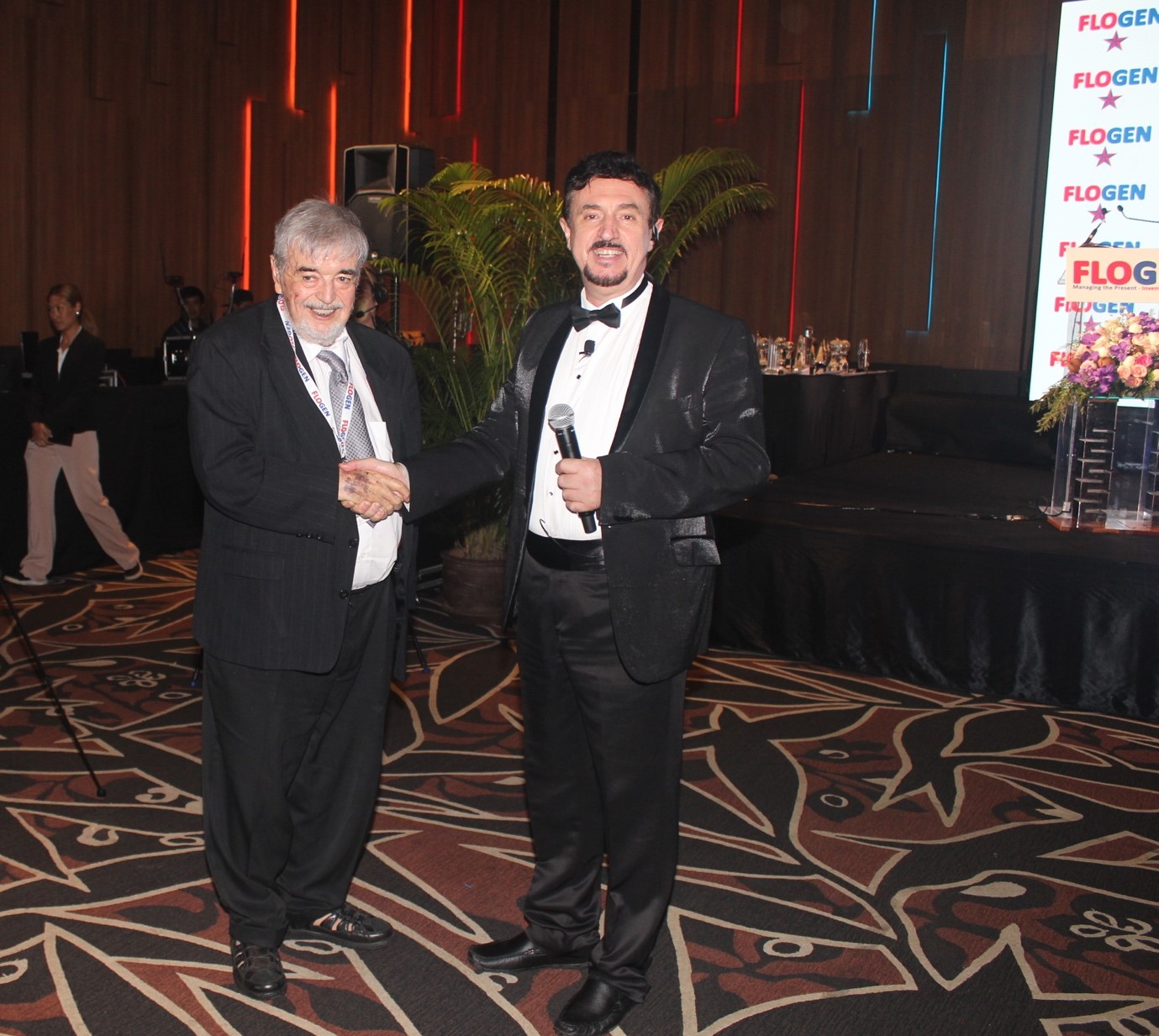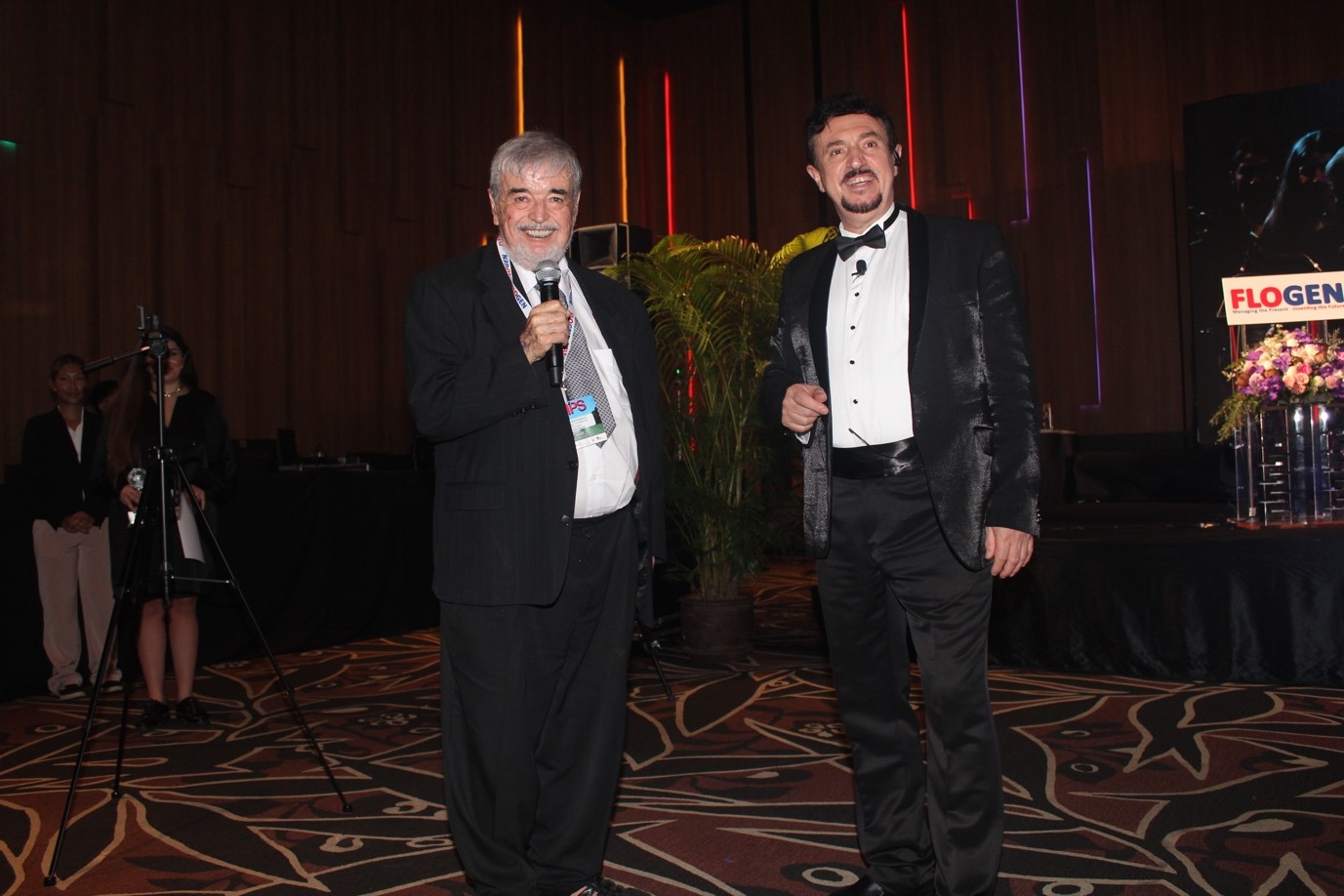Fray International Sustainability Award
About Award Winners
Politics |
Corporations |
Academia |
Research Institutions
Prof. Digby D. Macdonald

Digby D. Macdonald is a native of New Zealand, a naturalized Canadian and a naturalized US citizen, and is a Professor in Residence (semi-retired) in the Departments of Nuclear Engineering and Materials Science and Engineering at the University of California at Berkeley. During his 55- year career since graduating PhD in Chemistry from the University of Calgary, Canada in 1969, he has served as (most recent first): Distinguished Professor of Materials Science and Engineering, Penn. State Univ.,6/2003 – 12/2012; [Chair, Metals Program, Penn. State Univ., 6/2001 – 6/2003; Director, Center for Electrochemical Sci. & Tech., Penn. State Univ., 7/99 – 12/2012; Vice President, Physical Sciences Division, SRI International, Menlo Park, CA, 1/98 – 7/99; Director, Center for Advanced Materials, Penn. State Univ., 7/91-3/2000; Professor, Materials Science and Engineering, Penn. State Univ., 7/91 – 6/03; Deputy Director, Physical Sciences Division, SRI International, Menlo Park, CA, 4/87 - 7/91; Laboratory Director, Mat. Research Lab., SRI International, Menlo Park, CA, 4/87 – 7/91; Laboratory Director, Chemistry Laboratory, SRI International, Menlo Park, CA, 3/84 – 4/87; Director and Professor, Fontana Corrosion Center, Ohio State University, 3/79 – 3/84; Sr. Metallurgist, SRI International, Menlo Park, CA, 3/77 – 3/79; Sr. Research Associate, Alberta Sulphur Research Ltd/University of Calgary, Canada, 3/75 – 3/77; Lecturer in Chemistry, Victoria University of Wellington, New Zealand, 4/72 – 3/75; and Assist. Research Officer, Whiteshell Nuclear Research Establishment, Atomic Energy of Canada Ltd., Pinawa, Manitoba, Canada, 9/69 – 4/72. He started his career by addressing water chemistry and activity transport issue being experienced in the primary coolant circuit of the CANDU (Canadian Natural Uranium fueled, Deuterium Moderated) prototype reactor at Douglass Point in Ontario, Canada. In doing so, he developed the concept of redox control in the primary coolant circuits that enabled the displacement of the corrosion potentials of the coolant structural materials to sufficiently negative values that they were no longer in danger of catastrophic localized corrosion and failure occurring in the operation of a water-cooled, nuclear power reactor. An early application of that principle was "redox shocking/cycling” of the primary coolant in the Douglass Point CANDU to remove radioactive CRUD (Chalk River Unidentified Deposit) that had been released from the reactor core after being neutron-activated and deposited in the boilers of the reactor, resulting in unacceptable radiation fields that threatened the entire CANDU project. For this achievement he received the 1993 W.B. Lewis Memorial Lecture by Atomic Energy of Canada, Ltd., "in recognition of [his] contributions to the development of nuclear power in the service of mankind”. He was the sixth recipient, with three of the previous awardees being Nobel Laureates. Redox control is now practiced in water-cooled reactors Worldwide. He also specializes in the growth and point defect structures of thin oxide films on metal surfaces and developed the Point Defect Model (PDM) for describing the physico-electrochemistry of such systems. The PDM accounts for the fact that we can have a metals-based civilization that is based on the reactive metals (Al, Fe, Cr, Ni, Ti, etc), for which he was nominated for the 2011 Nobel Prize in Chemistry by a nominator at the Indian Institute of Science, Bangalore, India. He has also developed the modern theory of stress corrosion cracking, corrosion fatigue, and pitting corrosion in terms of the Coupled Environment Models. One of his major activities has been the modeling and the deterministic prediction of the electrochemical and corrosion properties of structural materials in the coolant circuits of operating, water-cooled nuclear power reactors and recently modeled for the US Department of Energy (USDOE) the radiolysis of water and the resulting electrochemistry of the coolant circuits of the ITER that is currently being built in Cadarache, France. ITER is the World’s first fusion technology demonstration reactor. He has also contributed to developing the science basis for the disposal of High-Level Nuclear Waste in the US (Yucca Mountain), Belgian, and Swedish programs and has predicted the integrated corrosion damage for periods extending 1 million years into the future. He has made numerous contributions to science at the fundamental level, including modification of Butler-Volmer theory for the kinetics of charge transfer reaction of passivated metal surfaces, which are covered with nanometer thick, passive (oxide) films by allowing for the quantum mechanical tunneling of charge carriers (electrons and holes) from the metal to the redox reaction center at the passive film/solution interface. As a result of this innovation, it is now only necessary to specify the kinetic parameters for the reaction (exchange current density and transfer coefficients) on the (often hypothetical) bare surface and correct the parameters for the presence of the passive film, which is readily done using the PDM. Prof. Macdonald has published about 1000 papers in peer-reviewed journals and conference proceedings. Included in the many Professional, National, and International awards he has received are the following: Research Award, College of Engineering, Ohio State University, 1983; Selector of the Kuwait Prize for Applied Sciences, 1985; The 1991 Carl Wagner Memorial Award from The Electrochemical Society. The 1992 Willis Rodney Whitney Award from The National Association of Corrosion Engineers; Chair, Gordon Research Conference on Corrosion, New Hampshire, 1992; W.B. Lewis Memorial Lecture for Atomic Energy of Canada, Ltd., 1993, "in recognition of [his] contributions to the development of nuclear power in the service of mankind”; Elected Fellow, NACE-International, 1994; Member, USAF Scientific Advisory Board, Protocol Rank: DE-4 (Lieutenant General equivalent), 1993-1997; Elected Fellow, The Electrochemical Society, 1995; Elected Foreign Fellow, Royal Society of Canada, 1996. ("National Academy” of Canada); Wilson Research Award, College of Earth and Minerals Sciences, Pennsylvania State University, 1996; Elected foreign Member, Royal Society of New Zealand, 1997. ("National Academy” of New Zealand); H. H. Uhlig Award, Electrochemical Society, 2001; U. R. Evans Award, British Corrosion Institute, 2003; Elected Fellow, Institute of Corrosion (UK), 2003; Appointed Adjunct Professor, Massey University, New Zealand, 2003; Appointed Adjunct Professor, University of Nevada at Reno, 2003; Elected Fellow, World Innovation Foundation, 2004; Elected Fellow, ASM International, 2005; Elected Fellow, International Society of Electrochemistry, 2006; Khwarizmi International Award Laureate in Fundamental Science, Feb. 2007; Trustee, ASM International, 2007-2010; Appointed SABIC Visiting Chair Professor, King Fahd University of Petroleum and Minerals, Dhahran, Saudi Arabia, 2010; Recipient, Lee Hsun Research Award, Chinese Academy of Sciences, China, 2010; Inducted Doctuer Honoris Causa by INSA-Lyon, Lyon, France, 2011; Nominated for the 2011 Nobel Prize in Chemistry for work on passivity; Awarded the Faraday Memorial Trust Gold Medal, 2012; Awarded the Gibbs Award in Thermodynamics by IAPWS, 2013; Awarded the Frumkin Medal, ISE, 2014; Awarded the OLIN Palladium Medal by the Electrochemical Society, 2015; Received the Ad Augusta Award from Auckland Grammar School, 2016; Plenary Lecturer, Corrosion2019, Nashville, TN, 2019; Plenary Lecturer, Mexican Electrochemical Society, 2019; Elected Member of the EU Academy of Science, 2019. He is also a foreign member of the Royal Society of Canada and the Royal Society of New Zealand (the "National Academies” of those countries, and is a Member of the EU Academy of Sciences.

Prof. Digby Macdonald, Receiving the Fray International Award from Dr. Florian Kongoli at FLOGEN SIPS 2022

Dr. Florian Kongoli congratulating Prof. Digby Macdonald on his award at FLOGEN SIPS 2022

Prof. Digby Macdonald, Delivering his acceptance speech to Dr. Florian Kongoli during the FLOGEN SIPS 2022 ceremony
FLOGEN SIPS 2022 Awards: Dr. Digby Macdonald, Professor, University of California at Berkeley, USA